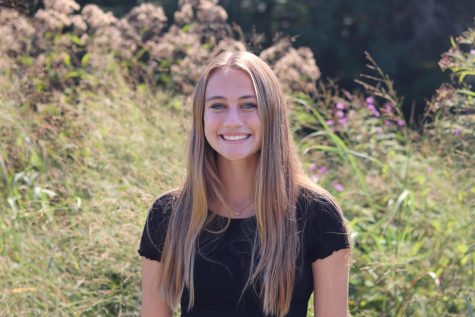Student and faculty’s COVID-19 predictions for the next school year
Credit: Delia Caulfield
It’s currently unknown what the 2021-2022 school year will look like at Wayland High School. However, many students and staff are optimistic about restrictions being lifted. Many crucial factors, such as the vaccine have played a role in this hopefulness of returning to normalcy. “I think [the vaccine] is going to be a relatively big effect just because vaccines allow us to protect the people who are most vulnerable, and just generally kind of prevent larger scale spread,” junior Lily Noyes said.
February 26, 2021
Proving time and time again to be like no other, this past year has many students questioning whether the restrictions associated with COVID-19 will carry into future years. With that, students hold differing opinions regarding how we can combat this virus in the time ahead to ensure a sense of normality in the WHS community.
Before this school year, the COVID-19 regulations had a lot of uncertainty surrounding them. As a result, many students were unsure what the year ahead would look like and how it would affect them.
“I expected that we weren’t going to stay in hybrid very long,” junior Lily Noyes said. “I thought it was going to be a lot more all-remote than it was, so I was pleasantly surprised by how [long] hybrid has lasted. I think I just wasn’t really sure what to expect, and I just went into it with an open mind.”
Many deem the hybrid model successful in preventing the spread of Covid-19 thus far and agree that its effectiveness is something to keep in mind in regards to future school years.
“Right now hybrid’s working, so if the world is still in a similar situation [to what] it is now then I think we could [keep using the hybrid model], but it’s kind of uncertain,” sophomore Allie Chase said.
On the other hand, some students find the hybrid school year difficult. Teaching protocols that were previously unheard of have forced teachers to adapt to new teaching protocols, making this year especially challenging for them.
“I’ve been a teacher for a while, so I just didn’t really know what it meant for teaching,” world language department head Nicole Hagdoust said. “I would go to plan my lesson, and I would be like ‘I don’t know how long this is gonna take me’, so there were a lot of things that I didn’t know the answer to.”
Another challenge that teachers are grappling with is having limited classes due to this year’s new hybrid schedule. Math and computer science teacher Michael Hopps notices this challenge daily as COVID-19 significantly reduced the number of his computer science classes.
“I have enjoyed teaching math this year, but my major hope for WHS next year is that the computer science program comes back,” Hopps said. “WHS has one computer science class right now, but we were scheduled to have seven full classes.”
Although there are some who feel diminished nowadays, factors such as the vaccine help boost morale amongst WHS students and staff, and some students find comfort knowing that the population will be less at risk.
“I think [the vaccine] is going to be a relatively big effect just because vaccines allow us to protect the people who are most vulnerable and just generally prevent larger scale spread,” Noyes said. “I think once a lot of people are vaccinated, if it continues to go well, then a lot of things will open up just because of greater immunity, and there won’t be as many spikes or as high a prevalence as now.”
While millions of vaccines are currently being rolled out throughout the country, it’s currently unknown when the majority of students will be vaccinated. Despite this, it’s predicted that teachers and administrators in Massachusetts will receive the vaccine in Phase 3, or around April 2021.
Another abundant factor in determining the outcome for next year is the number of cases present. The death toll in the U.S. due to the coronavirus has reached 500,000, and it is uncertain where these numbers will be in the upcoming months. The future number of cases will prove whether or not certain restrictions will continue to be enforced in school if they’re still deemed necessary.
“I think it’s [going to] depend on how the prevalence continues, but I would imagine at least until cases get way lower,” Noyes said. “[I think] we’re going to have to continue to social distance and wear masks and all of those other things and then hopefully, either by fall or winter of next year, maybe we’ll start to be able to gather inside more and do things that we used to do.”
A crucial step into returning to “the norm” is strictly following the current regulations put in place by the state in and outside the classroom to combat the spread of the virus.
“When you’re hanging out with friends or if you’re just out in public just wear your mask because it’s not hard, and it makes a big difference if you can,” Chase said. “If you can hang out outside too or in a place where you can keep distance that’s probably pretty effective.”
Students and faculty are showing great perseverance and hopefulness with the restrictions of Covid-19, and it is a shared goal among many to do everything in their power in order to return safely to full in-person learning at WHS.
“I’m very optimistic,” Hagdoust said. “[The number of] cases is falling, and the vaccine distribution is coming, so I’m hopeful that the fall [of 2021] will be more normal.”



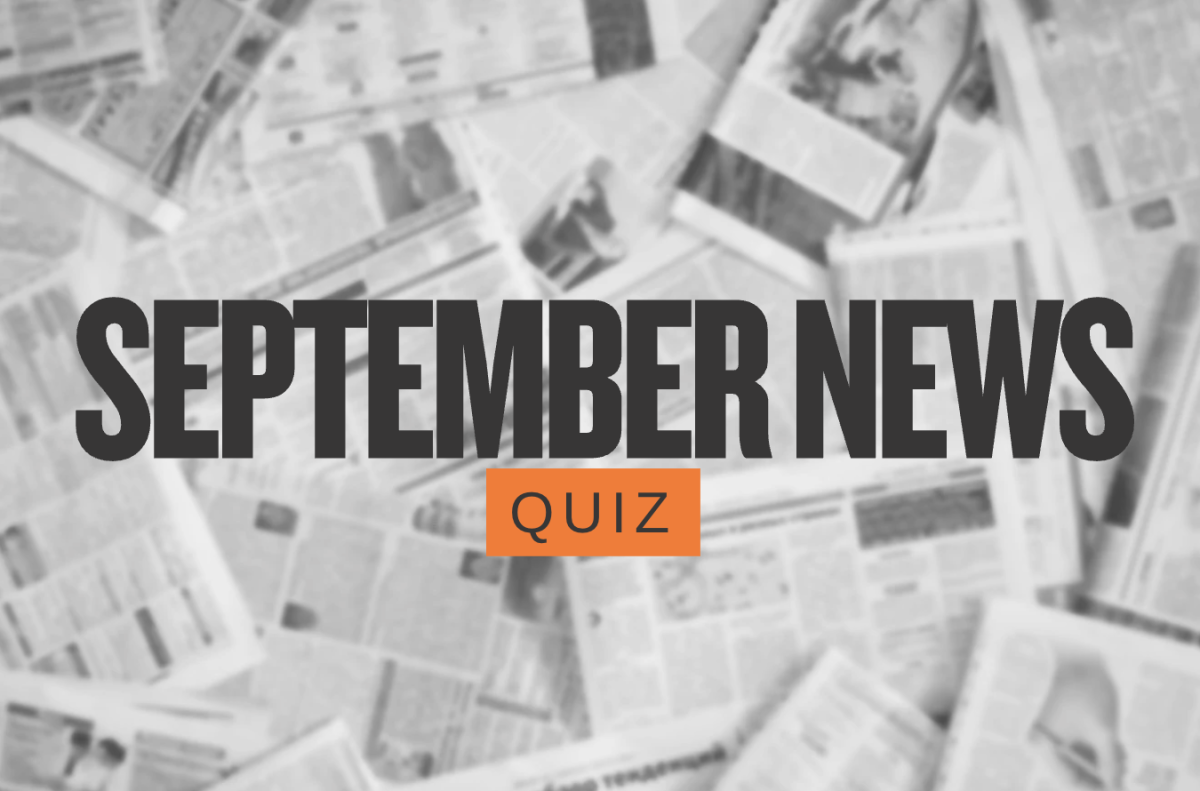
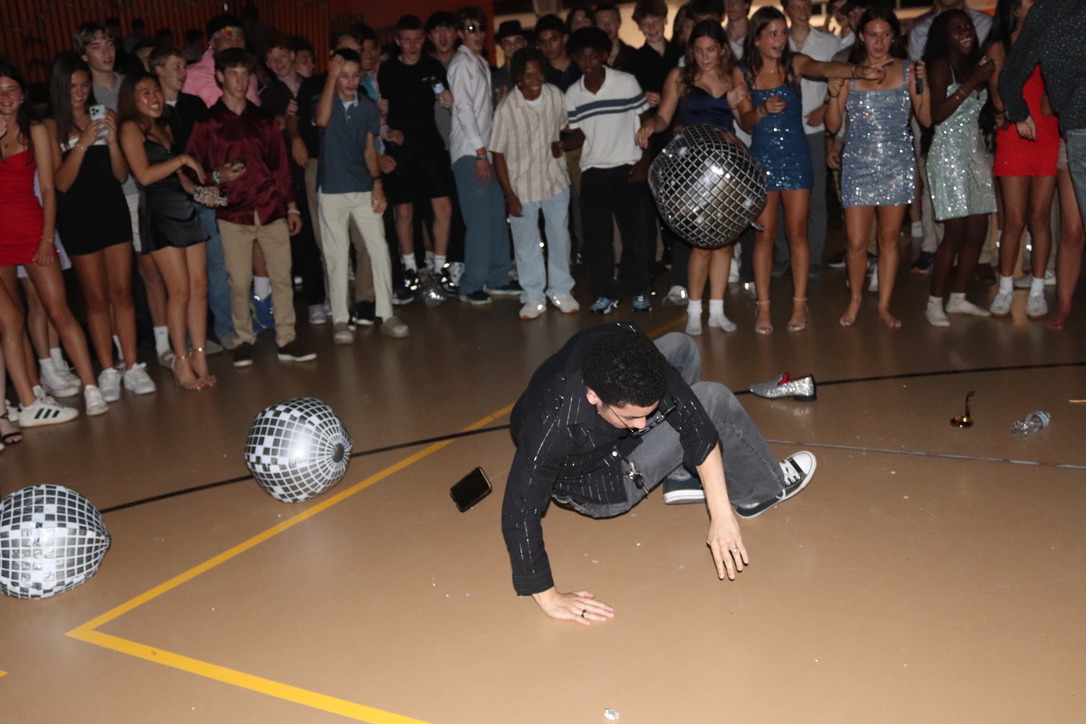









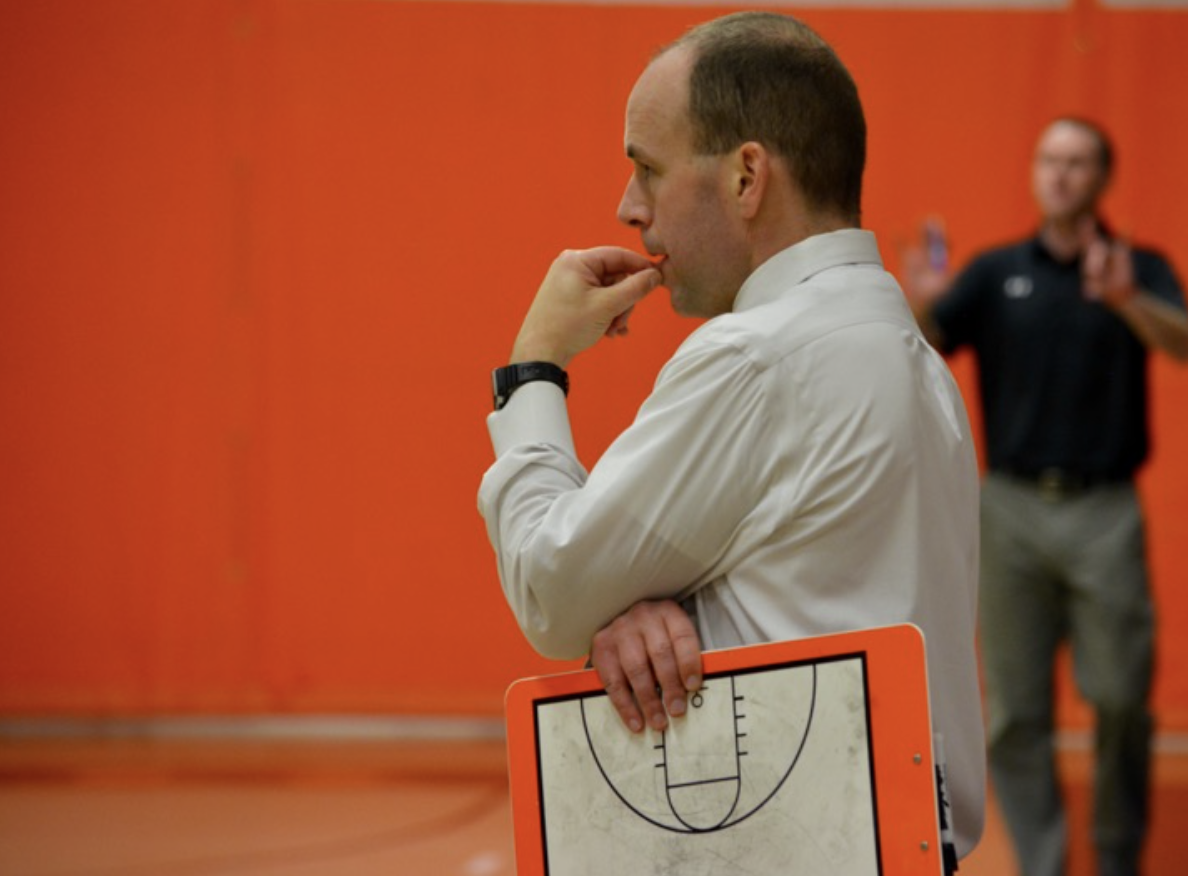
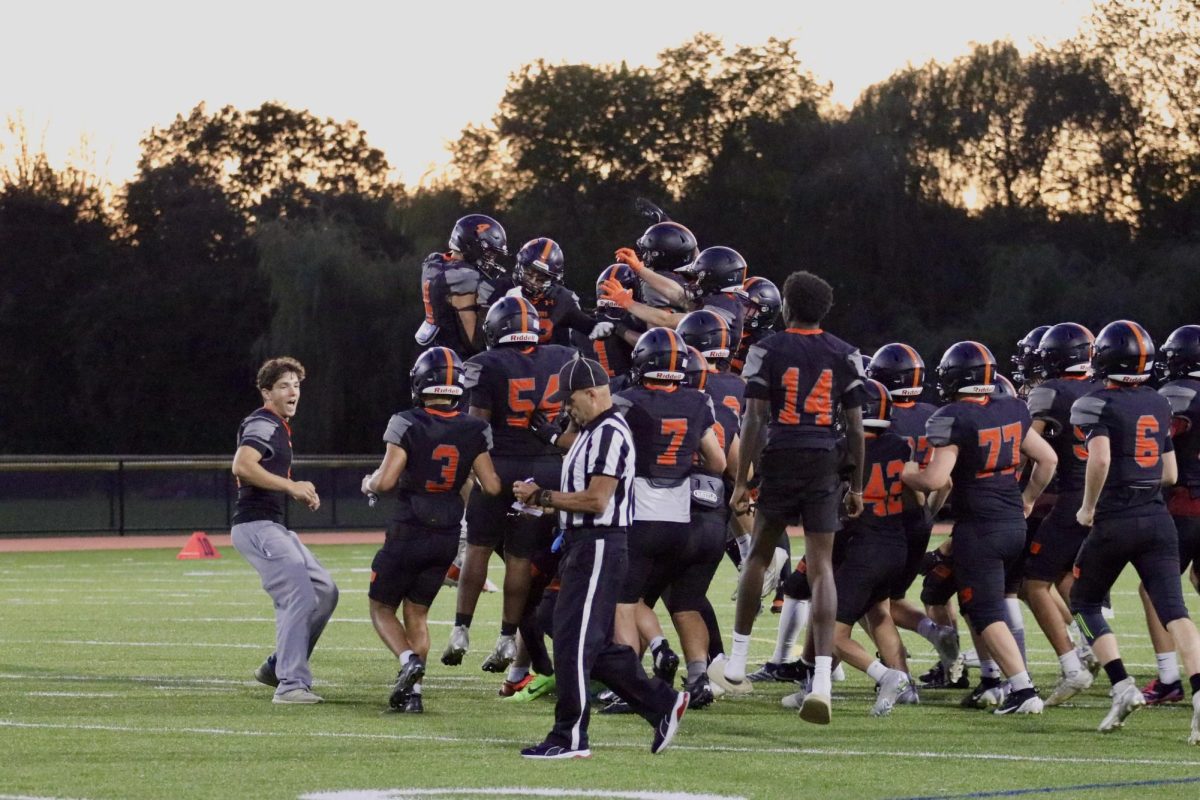






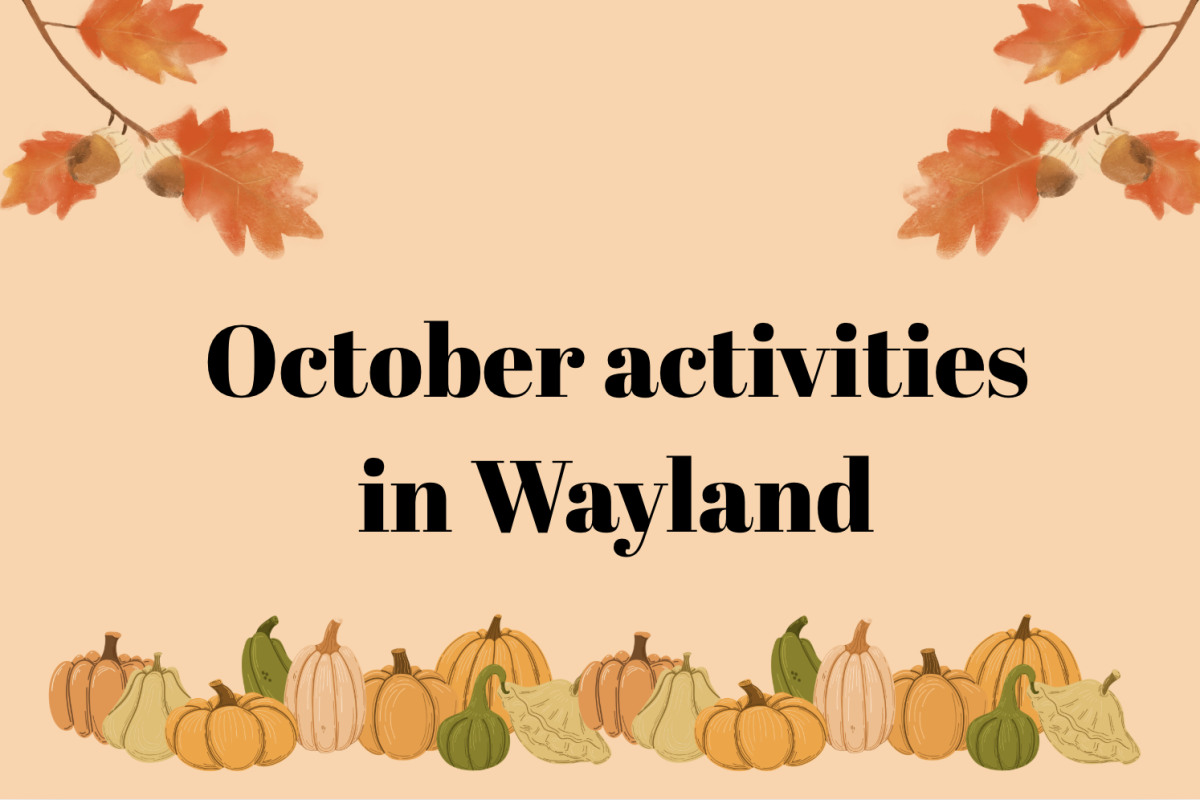



![It's currently unknown what the 2021-2022 school year will look like at Wayland High School. However, many students and staff are optimistic about restrictions being lifted. Many crucial factors, such as the vaccine have played a role in this hopefulness of returning to normalcy. “I think [the vaccine] is going to be a relatively big effect just because vaccines allow us to protect the people who are most vulnerable, and just generally kind of prevent larger scale spread,” junior Lily Noyes said.](https://waylandstudentpress.com/wp-content/uploads/2021/02/EBuKLAifSj5dSuvs4isboN311srO5hC20EIl3VCu-2-900x600.jpeg)
